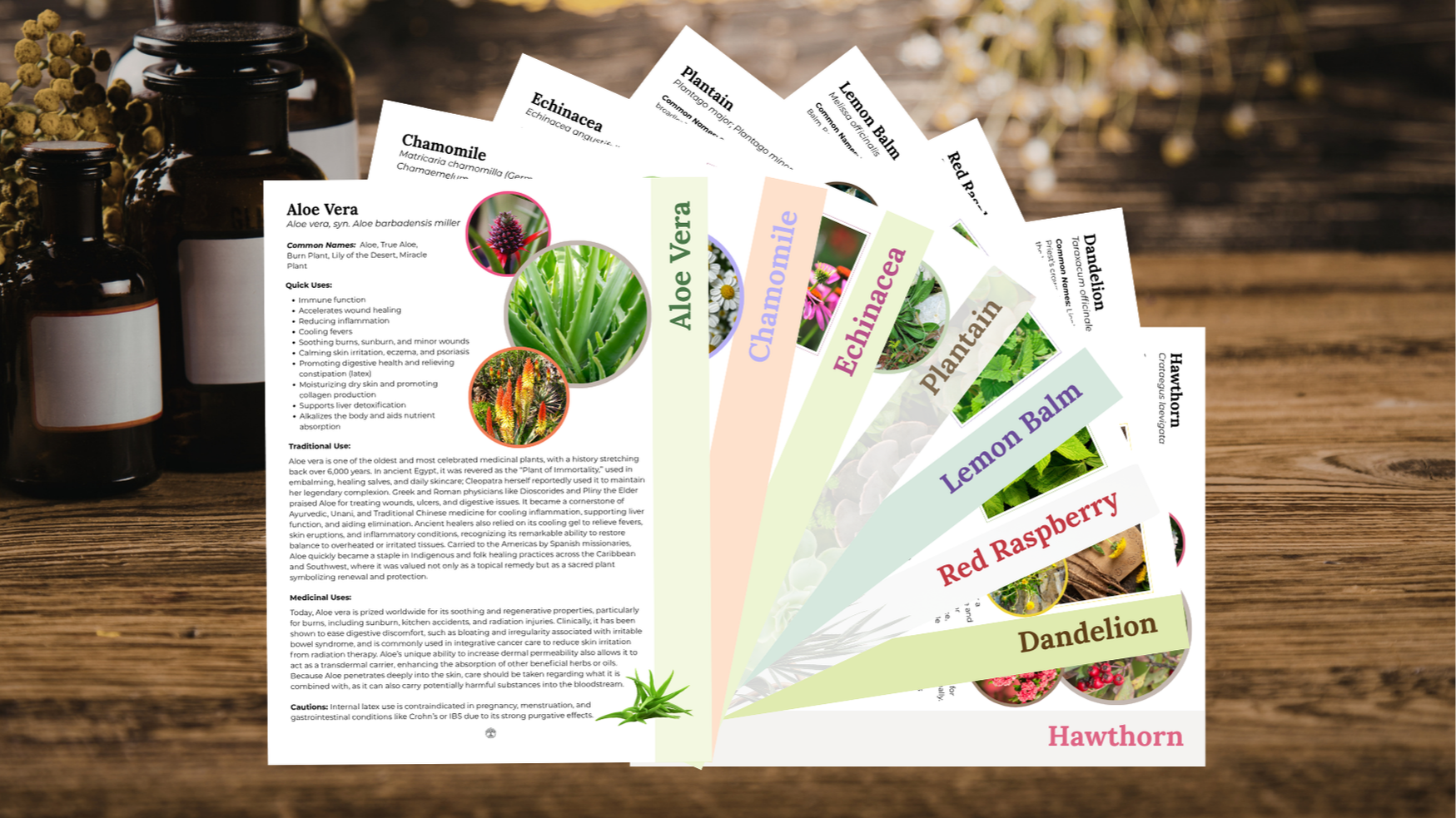The Milk Myth
Apr 19, 2023Calcium - It Does a Body Good!
There are many myths surrounding the need for dairy as a healthy part of a diet. Many believe dairy is especially important for growing children as well as for strengthening the bones of the aging and elderly. The truth is, calcium and other minerals are necessary for healthy bones, both for children and aging adults, but calcium is not synonymous for dairy.
Calcium is an essential mineral that plays a critical role in many bodily functions, including bone and tooth health, muscle function, and nerve transmission. Dietary supplements and animal sources of calcium are not easily absorbed by the body, but there are plenty of plant and herbal sources of calcium that are easily absorbed by the body.
Having too much unabsorbed calcium in the body contributes to bone spurs, gout, artery plaque, and kidney stones. High levels of calcium in the urine or blood also contribute to low phosphate levels, poor kidney function, constipation, poor muscle tone, nausea, the frequent need to urinate, abnormal heart rhythms, depression and fatigue. When the body receives calcium from plant sources, Calcium and other vital minerals are efficiently and readily absorbed by the body.
Plant Sourced Calcium
Here are a few sources of calcium from plants:
- Leafy greens such as spinach, kale, and collard greens are an excellent natural sources of calcium. Other leafy greens, such as turnip greens, bok choy, and mustard greens, are also good sources of calcium.
- Nuts and seeds are another natural source of calcium. Almonds, Brazil nuts, hazelnuts, and walnuts also contain calcium, as do Sesame seeds.
- Beans and lentils such as navy beans, pinto beans, and kidney beans also contain calcium and can be easily incorporated into meals.
- The herb nettles is rich in calcium and other minerals. Nettle can be added to soups, stews, and stir-fries or brewed into tea for a calcium-rich beverage.
- Horsetail is another herb rich in calcium, as well as other minerals such as silica. Horsetail can also be added to salads or soups, or taken in supplement form.
- Red clover is a popular herb often used to support women's health. It too is rich in calcium. Red clover can be brewed into tea or added to salads or soups.
- Dandelion is another herb rich in calcium and other minerals. Dandelion can be added to salads or stir-fries, or brewed into tea.
- Alfalfa rich in calcium, as well as other minerals such as magnesium and potassium. Alfalfa can be added to salads or sandwiches or taken in supplement form.
Incorporating plant sources of calcium into your diet is an excellent way to support bone and tooth health, muscle function, and nerve transmission. Eating a variety of calcium-rich plants can help meet your daily calcium needs without having to rely on synthetic supplements or fortified foods. Whether you choose to add leafy greens to your salad, snack on nuts, add nettles to your stir-fry, brew a cup of horsetail tea, or enjoy a dandelion salad, there are plenty of easily absorbable plant sources of calcium available to you.
Kelly Summers, is a Master Herbalist & Natural Healing Guide®. She knows that knowledge is empowering and deeply desires to share the insights she has learned through her continued journey of learning.
References
Bischoff-Ferrari HA, Dawson-Hughes B, Baron JA, Kanis JA, Orav EJ, Staehelin HB, Kiel DP, Burckhardt P, Henschkowski J, Spiegelman D, Li R, Wong JB, Feskanich D, Willett WC. Milk intake and risk of hip fracture in men and women: a meta-analysis of prospective cohort studies. J Bone Miner Res. 2011 Apr;26(4):833-9. doi: 10.1002/jbmr.279. Erratum in: J Bone Miner Res. 2017 Nov;32(11):2319. PMID: 20949604.
Feskanich D, Bischoff-Ferrari HA, Frazier AL, Willett WC. Milk consumption during teenage years and risk of hip fractures in older adults. JAMA Pediatr. 2014 Jan;168(1):54-60. doi: 10.1001/jamapediatrics.2013.3821. PMID: 24247817; PMCID: PMC3983667.
National Institutes of Health (NIH), "Calcium: Fact Sheet for Consumers". (Accessed March 2023).



